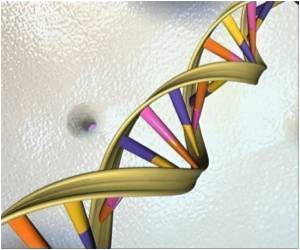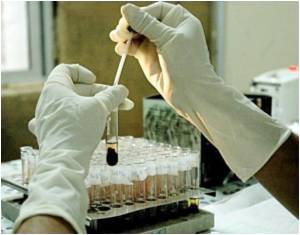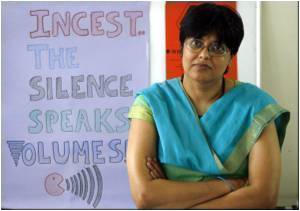DNA tests that are designed to diagnose development disorders in children could also unintentionally reveal whether a child was conceived through incest.

The test, known as DNA microarray analysis, looks for patterns of single changes in the genetic code that can point to known disorders.
But the patterns can also reveal details about the donor's parentage without the parents having to undergo a test.
The letter gives the example of a three-year-old boy with multiple development problems where there was a telltale homogeneity, or a lack of variation, at key points in his chromosomes.
"These regions accounted for about a quarter of the genome -- a finding most consistent with the child having been conceived by first-degree relatives," the letter said.
"Disabilities are known to be frequent in children born of incestuous parentage."
The discovery poses a dilemma for doctors that will amplify as microarray analysis becomes used more widely, the authors said.
In some jurisdictions, a doctor is required to report a likely incestuous relationship to the police or child protection services if the mother of the child is a minor.
In cases where the mother is an adult, the doctor's legal obligation is less clear, although there remains ethical concerns about whether she had been a victim of sexual abuse by her father or a brother.
The letter calls on medical institutions to compile a list of guidelines for doctors, drawing on the expertise of geneticians and ethics committees.
Source-AFP














